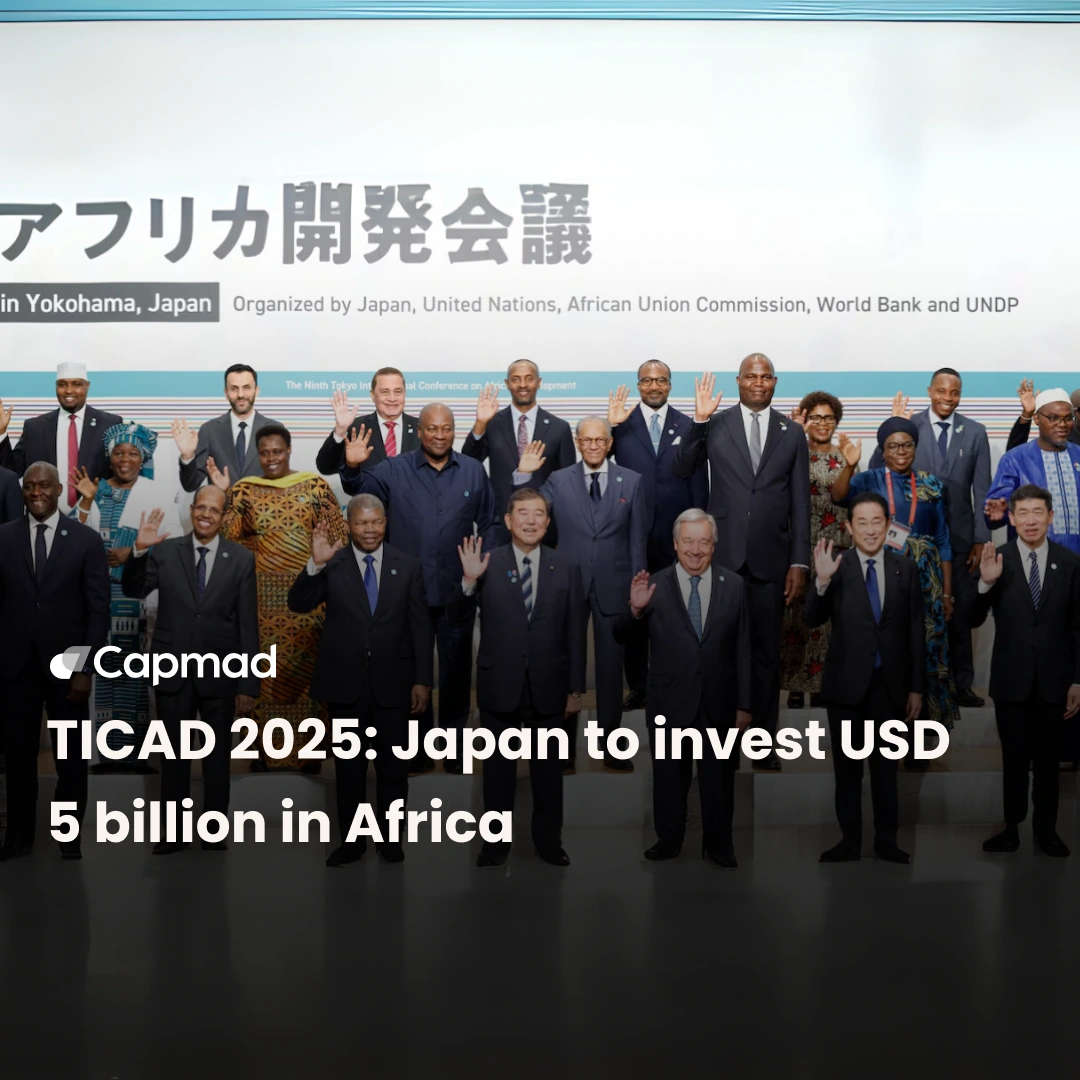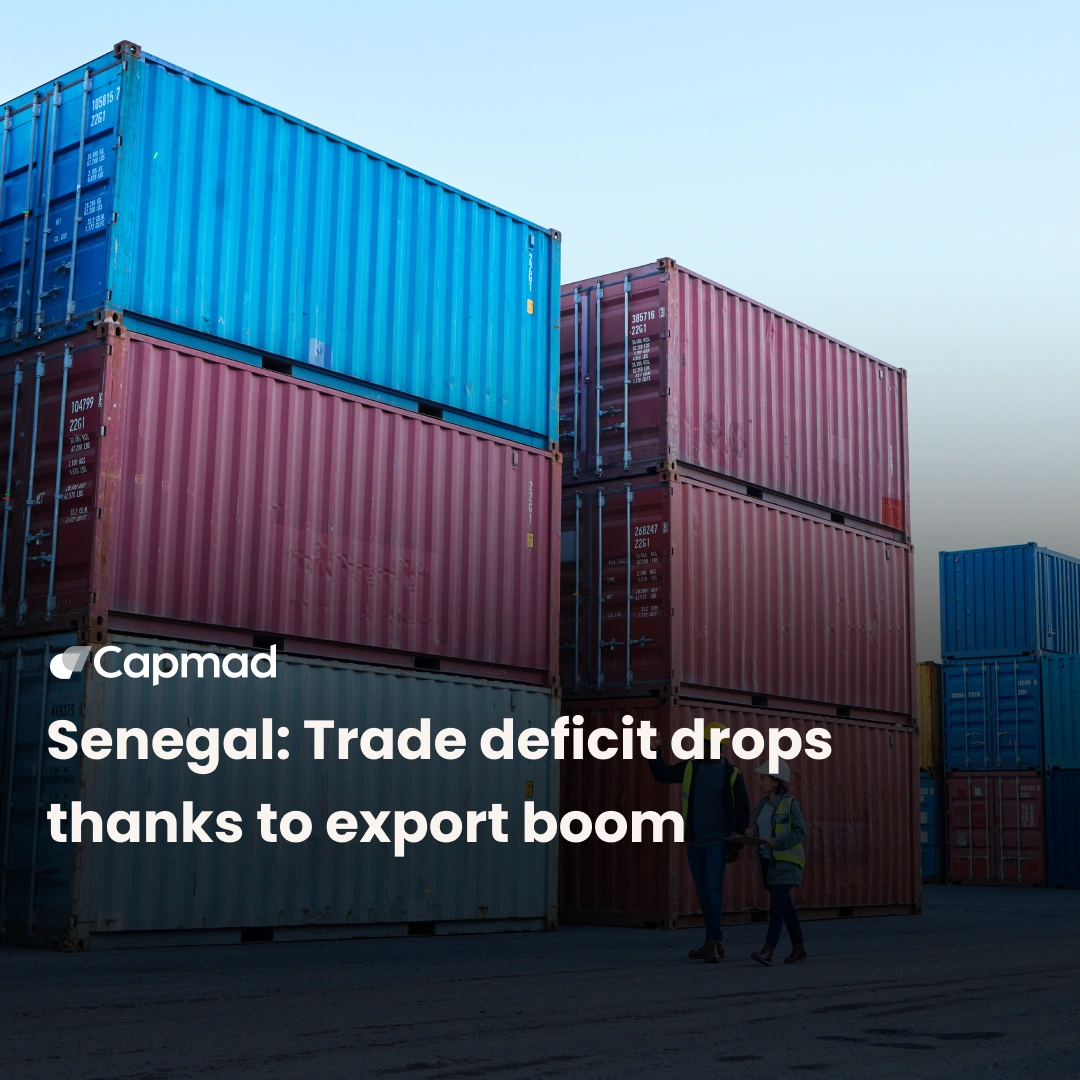Despite strides made in leveraging the potential of women in Africa for the continent’s collective benefit, achieving gender parity remains an ongoing challenge.
Bridging the financing gap between men and women
Women constitute the backbone of the African economy. However, a 42 billion USD gap persists in access to financing between men and women. Two primary hurdles include elevated interest rates for women lacking collateral, often due to discriminatory land laws, which are perceived to carry higher risks.
Addressing these gender disparities could yield substantial dividends for the continent’s growth and the well-being of its inhabitants. Women typically reinvest around 90 % of their income back into their communities, compared to 35 % for men. Additionally, as per the United Nations Development Programme, the exclusion of women from full economic participation costs sub-Saharan Africa 95 billion USD in lost productivity annually.
Empowering women to unlock their potential in Africa
Monica Musonda serves as the CEO of Java Foods, a food processing company headquartered in Zambia, which she founded in 2012. As one of the few Zambian women at the helm of a large-scale food processing enterprise, her leadership and vision have propelled Java Foods to become one of the country’s foremost food product manufacturers. In this capacity, she intimately understands the challenges encountered by women in the agro-food sector and advocates for measures to unleash their vast potential.
« Women play a pivotal role in the value chain of the agro-industry in which I operate, yet they face numerous obstacles in expanding their businesses, including limited access to affordable capital », elucidates Monica.
Amid mounting global concerns regarding food security, Africa can address challenges by actively supporting women-led agro-food enterprises and dismantling barriers.
« When I established my business, I encountered interest rates as high as 27 % per annum, making profitability a daunting prospect. Moreover, onerous collateral requirements posed significant hurdles, compelling me to leverage personal assets to secure the company’s loan », Monica further elaborates.
Loan repayment rates : Statistics favor women
Statistics indicate that women exhibit lower loan default rates, and businesses owned by women are less prone to bankruptcy. Hence, there is no justification for these inequitable hurdles. Serving as an ambassador of AFAWA (Affirmative Finance Action for Women in Africa), Monica endeavors to enhance awareness among businesswomen regarding the support it offers.
AFAWA, the flagship initiative of the African Development Bank on gender equality, seeks to unlock 5 billion USD in financing for 30,000 women-owned businesses by 2026. Within just three years, the volume of investments in women-led small and medium-sized enterprises (WSMEs) has surged tenfold.
In the past three years alone, AFAWA has sanctioned 1.7 billion USD for women entrepreneurs across at least 32 countries through 96 financial institutions, benefiting over 7,000 WSMEs. Nonetheless, addressing the deeper-seated biases and broader challenges impeding women and girls necessitates more than merely bridging the financial gap.
Overcoming stereotypes and biases against women in Africa
One of the foremost challenges confronting women embarking on entrepreneurial endeavors is the struggle to harmonize personal and professional spheres. In numerous African nations, including the DRC and Mauritania, laws dictate that the husband assumes the role of family head, relegating women to auxiliary roles in family management.
Numerous laws and customs necessitate revision to empower women as successful business leaders. For instance, many African countries, such as Kenya and Malawi, have enacted measures to enhance gender parity in local land governance structures. Nevertheless, implementation often falters at the community level.
Concerted efforts are imperative to address issues such as alarmingly high dropout rates among girls. In sub-Saharan Africa, only 25 % of girls complete secondary education, underscoring the urgent need for targeted interventions to foster gender equality and pave the way for women’s economic empowerment.
Enhancing capacities and training programs for African Women
In its pursuit of these objectives, AFAWA advocates for capacity building and training, alongside financial assistance, to bolster the productivity and expansion of businesses. Moreover, the organization collaborates with African governments and other stakeholders to champion legal, policy, and regulatory reforms aimed at dismantling structural impediments confronting women in business.
AFAWA ambassador Aïssata Lam wasted no time implementing reforms upon assuming the role of CEO at the Mauritanian Investment Promotion Agency (APIM), including the introduction of extended maternity leave benefits and the provision of paternity leave.
Facilitating women’s business registration processes to facilitate access to funding stands as a top priority for APIM. This financial institution has partnered with AFAWA to deliver business skills training to women within the fishing sector, Mauritania’s largest industrial domain. Despite constituting 90% of small-scale activities, such as fish processing and vending in markets, women remain underrepresented in managerial roles within this sector.
Trusting Women for Leadership Roles in Entrepreneurship and Politics
Aissata emphasizes: « Understanding and addressing gender disparities in the business realm is crucial. Increased representation of women in high-ranking political positions across Africa would undoubtedly be beneficial. Representation matters », she asserts. « When African women witness individuals like themselves holding influential positions in politics and business, they are inspired to pursue success themselves. »
In Nigeria, women account for less than 4 % of Parliament members (MPs). Eveline Tall, an AFAWA ambassador and president of E and Partners, who formerly served as deputy CEO/COO of Ecobank Transnational Inc., echoes the significance of representation.
In Senegal, she spearheads a notable initiative – the Women’s Investment Capital – wherein a consortium of Senegalese businesswomen:
- Invested 3 million USD in 7 small and medium-sized Senegalese enterprises
- Generated 400 employment opportunities
- Envision creating an additional 3,600 jobs through these enterprises
« Senegal has implemented a parity policy in Parliament to ensure enhanced representation of women », she elucidates. « I advocate for extending this to private sector boardrooms, given that companies with diverse leadership tend to outperform their counterparts ».
Moreover, « I’ve observed instances where certain African governments have been persuaded to allocate more funding to businesswomen, possibly due to increased female representation in government », she notes. In Senegal and Rwanda, where the proportion of female parliamentarians stands at 44 % and 62 % respectively, encouraging strides toward gender equality are becoming evident.
Women’s land ownership : Building on the momentum of the last conference
This year, Eveline is optimistic that the momentum generated by the call to action at the Conference on Land Policy in Africa, held in November 2023, will continue to drive the African Union’s campaign on land policy favoring women’s land ownership. The campaign aims for 30 % of land to be registered in women’s names by 2025.
The 2024 Annual Meetings of the African Development Bank Group in Kenya and the Africa CEO Forum in Rwanda also present opportunities for progress, with heightened participation from political leaders. This follows a year during which AFAWA actively engaged key stakeholders, including central banks and governments, to advocate for legal, policy, and regulatory reforms aimed at streamlining women entrepreneurs’ access to financing.







